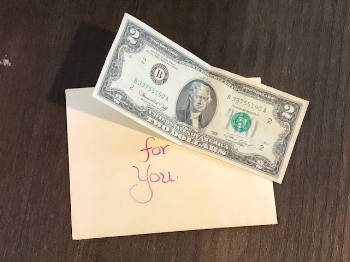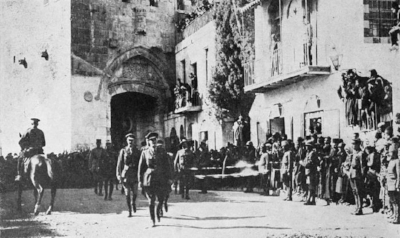The Talmud (Shabbat 151b-152a) recognizes that people cry different types of tears. There are tears of sorrow and pain, of relief and catharsis. According to the Talmud, some kinds of weeping are beneficial and some are not.
Today, as Heidi and I bring our oldest child to his first year of college, the Rabbis’ observation seems especially insightful. Of course we are tearful. But we are well aware that there are many reasons why parents may cry when their children leave for college.
Some parents may cry because of the realization that their family structure will now be different. Sure, their son or daughter will return home in the future, even many times, but with less and less frequency as the years pass. And inevitably the day will come when their parents’ house is no longer what their children mean when they say the word “home.”
Some parents may be drawn back to the hopes and dreams and promises they made when their child arrived eighteen-or-so years ago, when life was nothing but potential waiting to be realized. And we may think about how wildly divergent life’s path actually turned out to be.
Some may weep because of the realization that time passes so quickly, and that the sweet toddler who reached for your hand is now, all too suddenly, an adult.
Some may cry because of undifferentiated longing for their child. That is to say, their tears are not for their child’s new beginnings, but because of the loss of the parent’s own youth.
And some tears come from a new vulnerability, a realization that we can’t be there to shield and process and interpret every challenge, failure, and risk that our children are about to discover. When we discover how vulnerable we really are, the tone of our prayers changes, as Dylan identified so perfectly:
My only prayer
is if I can’t be there
Lord protect my child.
And then there is the sensation of wanting just a little bit more time. There’s a great joke from The Simpsons about the last day of school: As the last bell rings, the children leap for the door and the freedom of the summer. Then a teacher exclaims, “WAIT! You didn’t learn about how World War II ended!” The students freeze. The teacher peers into a book. “We won!” The students shout “Hooray!” and now, fully satiated with the teacher’s wisdom, can enjoy their vacation.
I know the teacher’s feeling. As we drive away from the university, the car one seat emptier, I want to hit the brakes and say, “WAIT! There’s still something I haven’t taught you!”
But that moment is gone. What we hope for, of course, is that our children leave home with the spiritual and emotional confidence to navigate life’s inevitable disappointments and challenges. We hope that they have pride in their Jewish identity, and the knowledge that the prerequisite of functioning in a multicultural society is an assurance of yourself and where you come from.
But we also hope for something more than pride: We hope that we have given them literacy in Jewish wisdom and competence in Jewish practice to allow Judaism to inform and deepen their lives every single day. We hope that we have encouraged them to develop unquenchably thirsty minds built upon a solid bedrock of faith.
The Talmud understood that tears are complex, and the mixture of many conflicting emotions at the same time is what all of life’s most poignant moments are about. As a strange city recedes in the car’s rearview mirror and we return home, we appreciate the complexity of those feelings. We’re full of confidence, pride, and excitement for new beginnings. And we utter a short prayer, perhaps the most honest and basic prayer that there is: “God, protect our child.”




